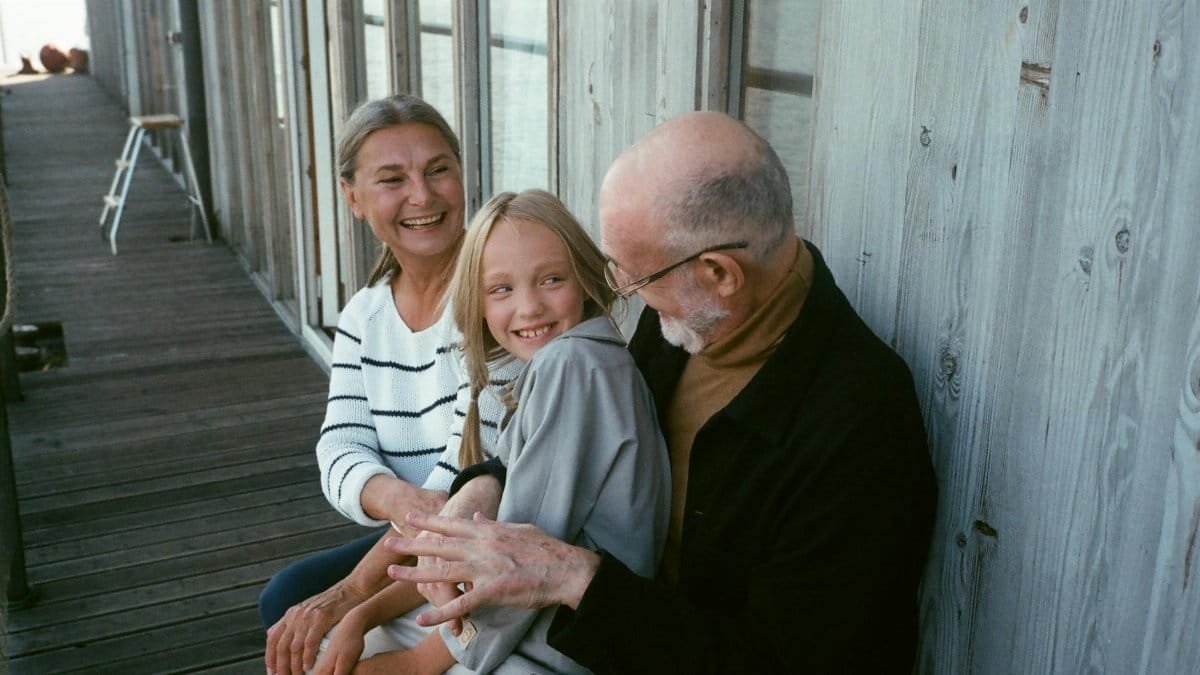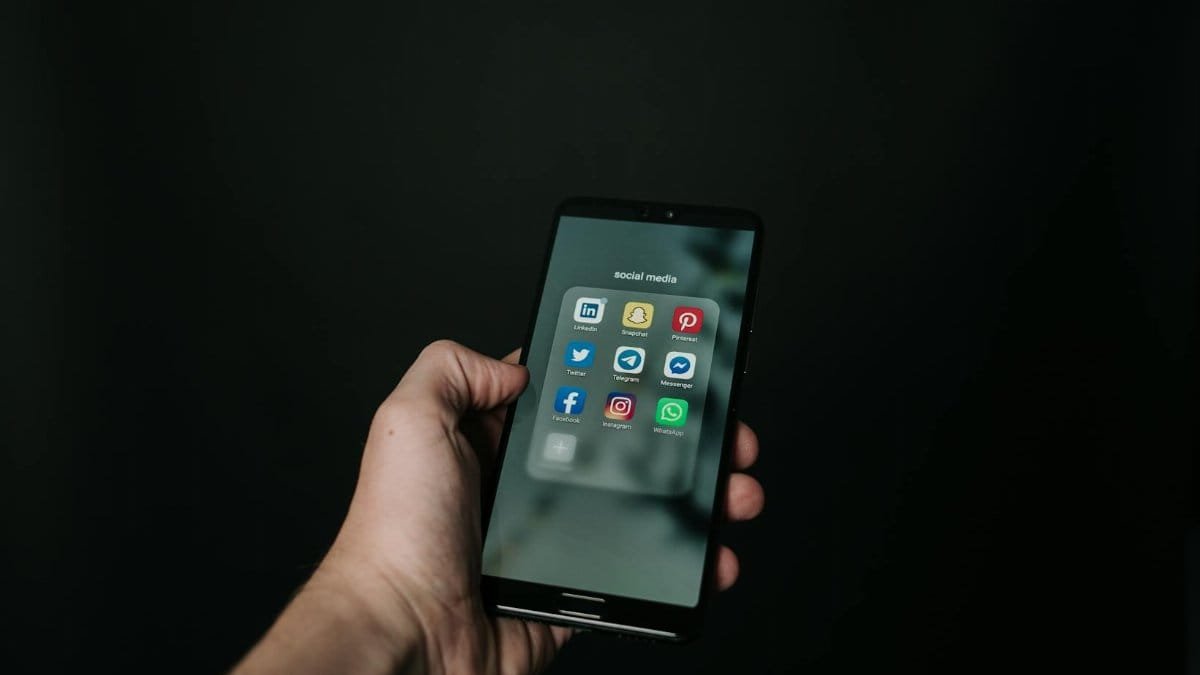Is political division poisoning faith warning really the crisis tearing apart communities of faith? Across the U.S., churches, synagogues, and mosques are grappling with rifts driven by partisan battles. From heated debates over social issues to outright splits in congregations, the poison of politics is seeping into sacred spaces. A 2025 Pew Research study reveals growing concern among religious leaders, with many warning that unchecked division threatens the core of spiritual unity. This isn’t just a cultural skirmish—it’s a call to action for believers to reclaim their shared purpose.
What’s Driving the Divide?

Political polarization in America isn’t new, but its invasion of faith communities has hit a fever pitch. Hot-button issues like abortion, immigration, and climate change are turning sermons into battlegrounds. Congregants often align spiritual beliefs with party lines, leaving little room for nuance. A 2025 report from Pew Research Center notes that 60% of religious Americans feel their faith group is more politically divided than a decade ago. The result? Trust erodes, and fellowship fractures.
Real Damage to Real People

The fallout isn’t abstract. Families skip services to avoid clashing with neighbors over politics. Pastors report losing members who feel alienated by perceived biases from the pulpit. In small-town churches, once-tight-knit groups now sit on opposite sides of the aisle—literally. One Texas minister told reporters, “I’ve buried lifelong friends who won’t speak over a single election. It’s heartbreaking.” This political division poisoning faith warning isn’t just rhetoric; it’s tearing at the fabric of community.
Leaders Sound the Alarm

Religious leaders aren’t staying silent. Many are issuing urgent calls to prioritize faith over faction. A coalition of interfaith groups in 2025 launched initiatives to refocus on shared values, urging members to “detox” from partisan noise. Their message is clear: spiritual spaces must be sanctuaries, not echo chambers. Resources from Interfaith America offer tools for dialogue, but leaders warn that without action, divisions will deepen.
The Role of Social Media

Digital platforms amplify the problem. Algorithms feed users polarizing content, often pitting faith against politics in viral posts. A quick scroll through X or Facebook reveals Christians, Muslims, and Jews debating policy with scripture as ammunition. Experts from Brookings Institution note that online echo chambers reinforce biases, making reconciliation harder. For faith communities, the challenge is to unplug from outrage and reconnect in person.
Strategies to Detox Division

Healing starts with intentional steps. Religious groups are hosting “no-politics” prayer circles, focusing solely on spiritual growth. Others are training leaders in conflict resolution to navigate tough conversations. Simple acts—like shared meals or service projects—can rebuild bonds. The goal isn’t to ignore differences but to anchor discussions in mutual respect. Small wins matter when the stakes are this high.
A Path Forward for Faith

